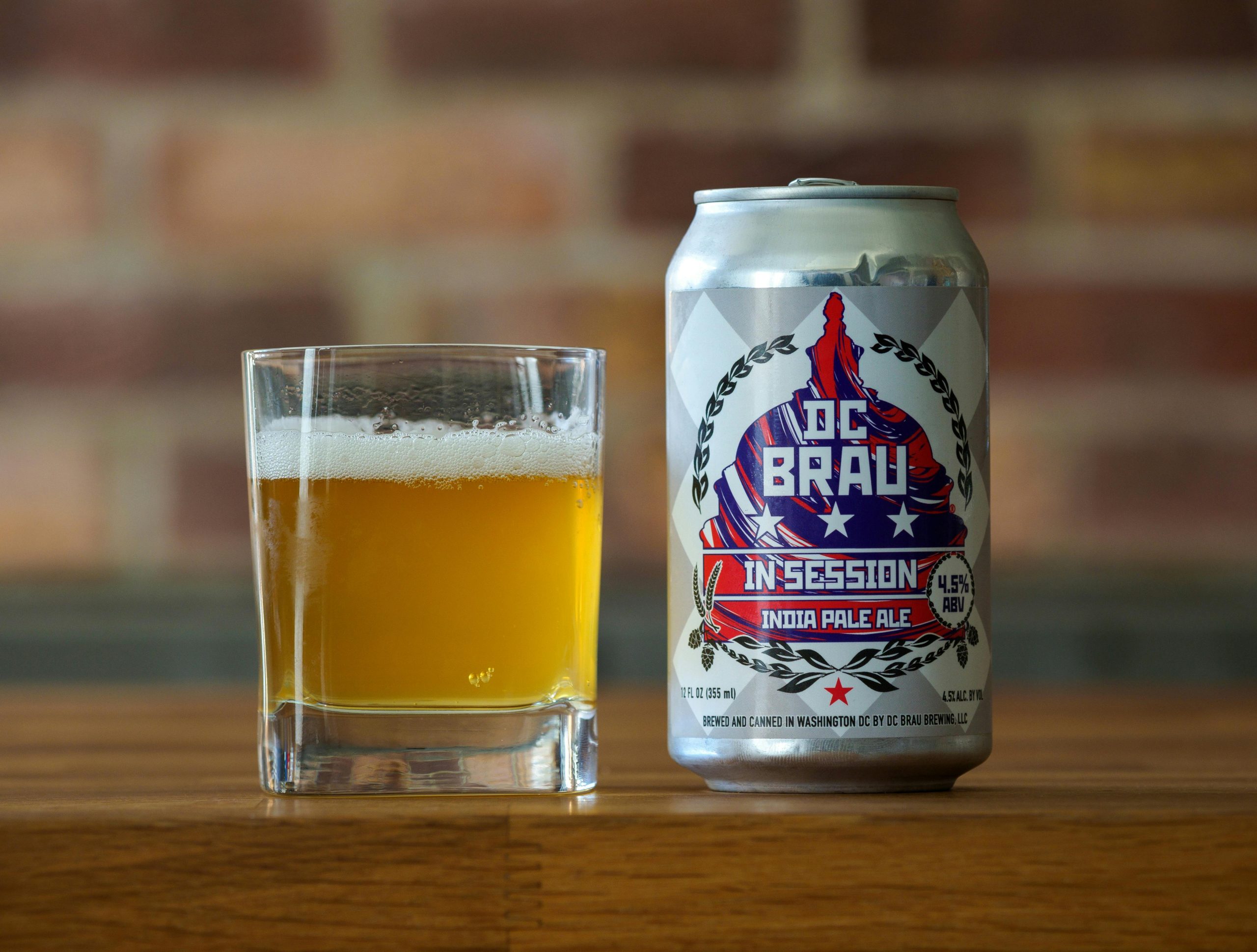Your cart is currently empty!

Steven Coulson
Steven has been drinking beers, wines and spirits for decades and has a propensity to go about them at length after a few drinks.
Latest Posts
- My wife found out our favorite Gin for martinis was discontinued. I think we are good for a while…

- Oregon Road Trip: Freeland Spirits Garden Botanicals Gin

- Botanist with Trader Joe’s Lemon and Elderflower Soda

- I’m one of the worlds leading buyers of craft gin in the world and a international spirit judge AMA

- I’m blown away…. By how let down I am by this Gin.

Categories
Tags
Social Links

The Psychoactive Potential of Hops: Exploring the Enigmatic Effects of Hoppy Beers
In the vast landscape of craft beer, the debate surrounding hops and their effects is a subject that often provokes diverse opinions. Recently, I’ve delved deeply into my personal experiences with different styles of India Pale Ales (IPAs), and I’m convinced that hops possess psychoactive properties that deserve more attention.
A while back, I shared my observations regarding my preference for IPAs with high International Bitterness Units (IBUs). To my surprise, responses varied significantly. Some fellow beer enthusiasts agreed with my take, while others attributed my unique experiences to the higher alcohol content found in these brews.
Curious to further explore this notion, I embarked on a little experimentation with various styles of IPAs. For instance, “Cold” IPAs contain fewer hops but boast a similar alcohol by volume (ABV) to many traditional West Coast IPAs. On the other hand, Imperial IPAs, while typically packed with potent alcohol content, frequently lack the hop intensity I seek. Interestingly enough, I find that a well-crafted West Coast IPA, even with a relatively modest ABV, consistently hits the mark for me.
What’s particularly compelling is how the effects of hoppy beers manifest differently than that of an alcohol buzz alone. The sensation I experience goes beyond mere intoxication; it is cerebral and invigorating, sparking a sense of euphoria that feels distinctly different.
This leads me to consider whether hops truly have psychoactive characteristics under specific conditions. Could the fermentation process enhance the bioavailability of certain compounds in hops? Perhaps the combination of alcohol and these unique hop compounds allows them to navigate the blood-brain barrier more effectively. These are merely theories at this point, but they certainly warrant further investigation.
Let me clarify—I don’t experience any adverse reactions typically associated with sensitivity to hops. There are no unpleasant symptoms such as hives or itching; instead, it’s an uplifting experience that brings joy.
One question worth exploring is the historical significance of hops in the brewing process. Hops have been a staple ingredient in beer for centuries, replacing older methods of flavoring that predated their discovery. The widespread acceptance of hops in brewing suggests there is a strong reason for their enduring popularity. Is it simply a matter of taste, or could there be more profound effects at play?
As I continue to explore the fascinating world of hoppy beers, I invite others to consider the unique experience that
